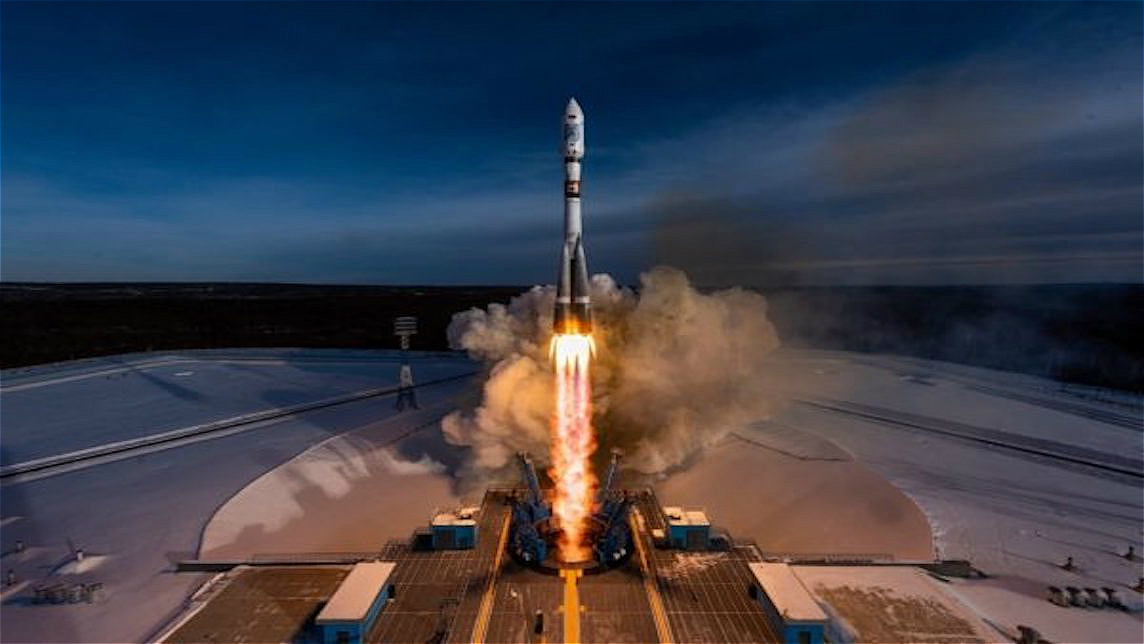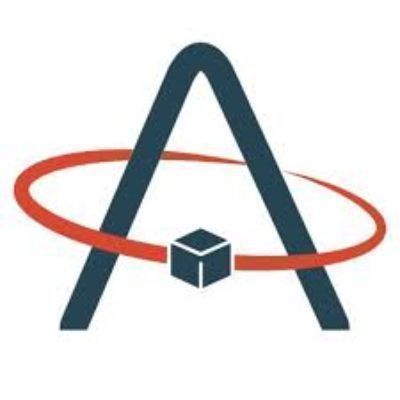Being the first to get your satellites launched into space is crucial to business success. Spain's Alén Space can help companies to plan, produce and get their satellites into space within eight months. In fact, the startup can build an entire constellation of 15 small satellites in just 14 months.
Alén Space is a spin-off of the University of Vigo in the northwest of Spain. Together, they collaborate with the European Space Agency (ESA) to comply with international standards to produce state-of-the-art nanosatellites of the future. Alén Space has sent five satellites into space to date.
CompassList interviewed CEO Guillermo Lamelas Nogueira soon after the launch of the company's Lume-1 nanosatellite from the Vostochny Cosmodrome spaceport in Russia in December 2018.
This interview has been condensed and edited for clarity.
Q. The origins of Alén Space go back to 2007. What are the main milestones to date?
A. Alén Space is a spin-off from the University of Vigo and its Aerospace Strategic Group that was set up in 2007 for the design and manufacture of Spain's first nanosatellite Xatcobeo satellite. It was launched in 2012 and was successfully operated by our team for two and a half years.
In 2014, we launched Humsat-D, a demonstration satellite to collect data for humanitarian purposes, that was supported by ESA and the UN Office for Outer Space Affairs. In 2013, the Brazilian Space Agency (AEB) hired the Vigo Aerospace group to manufacture its nanosatellite SERPENS based on the designs of Xatcobeo and Humsat-D. It was launched from the International Space Station in 2015.
Then, we got more ESA projects and we acquired greater technical capabilities in the design, manufacture and operation of small satellites over the years. As a result, funding was received from the Ignicia program of the Galician Innovation Agency in 2017 to create Alén Space.
In 2018, we completed the team, industrialized our solutions and started commercial activity while working on several nanosatellite projects. Two of our nanosatellites were launched in 4Q18. One of them is Lume-1, a European Commission project for forest firefighting called Interreg Sudoe's FireRS. Lume-1 was launched on the 27th of December in a Russian Soyuz rocket.
To date, all our missions have been 100% successful, from design to operation in orbit. This is not just by chance. All the technology developed over the years at the University of Vigo is now flying in Lume-1 and has been transferred to Alén Space.
Can you discuss the company's sales and financing?
Although Alén Space has just started out as an independent entity, we already have orders and a promising pipeline of clients and potential deals. This is the result of over 10 years of hard work, with more than €4.5 million invested to develop the technology. Close to €500,000 will also be spent to launch the new company.
Now we're looking for the right partners to grow. We're looking for €1.5 million to support commercialization efforts, build key facilities and stay competitive in the technology race. This is vital for Alén Space to get its first big contracts of over €2 million by the end of 2020.
What is the business model and who are the people behind the company?
Alén Space can offer end-to-end solutions and also commercialize hardware, including Totem, IoT Terminals, RF front ends and software. All our technology is protected under industrial secrets, registration and/or patent regulations.
We put the complete constellation into orbit and operate it. Every satellite in the constellation is periodically renewed with state-of-the-art nanosatellites, allowing our clients to always offer the best service possible. This provides our company with recurring revenues, in addition to those from the constellation operations.
We want to help our clients to put their business ideas into orbit while continuously reducing barriers to space. Our mission is to keep reducing the barriers to space. Back in 2012, when we launched Xatcobeo, less than 50 nanosatellites were launched worldwide. In the coming five years, more than 2,600 small satellites are expected to be launched.
Alén Space has a young world-class technical team with an incredible amount of experience and know-how. Our CTO Alberto González has led several nanosatellite missions from draft to orbit and operation. The head of R&D Diego Nodar is responsible for the development of hardware and software and CFO Antonio Vázquez is an expert on the economics of nanosatellite development. Our CMO Fernando Lucena has long-term experience in leading business development activities in the technology sector.
As CEO, I have considerable experience in the telecoms sector and in international startup acceleration. We also work with key advisors like Fernando Aguado, a full member of the International Academy of Astronautics and a director at the Galician Center for Aerospace Innovation (CINAE).
What sort of clients are you targeting?
We will focus on three types of clients. Firstly, the startups of the "new space", i.e., new companies that want to create a nanosatellite constellation. For example, Planet has already launched more than 175 earth observation satellites, and Spire Global has 50 nanosatellites in orbit.
Another target will be governments that see nanosatellites as opportunities to have their own satellite solutions for the first time, or to replace existing solutions.
Finally, large companies that use IoT satellite communications, asset monitoring or spectrum monitoring may consider launching their own constellations. They can sell any surplus capacity to third parties.
Who are your competitors?
There is market, and therefore there are competitors. The more established ones are the former suppliers of nanosatellite components from when the market was formed almost exclusively of universities that used nanosatellites for scientific purposes. The increase in the use of nanosatellites for commercial purposes by private companies has made these companies pivot to become complete nanosatellite suppliers using their own components.
This is the case of GomSpace, ISIS, Clyde Space, and Tyvak.
There are also small new actors, who have emerged over the last two years, to get a slice of the pie. In most cases, the new actors have little real experience in the in-orbit operation of their satellites, or have not even demonstrated that their technology is functional.
We have 10 years of experience and five satellites. All of them were 100% successful and two of them are currently operating in orbit. This is an important advantage in the eyes of potential customers.












